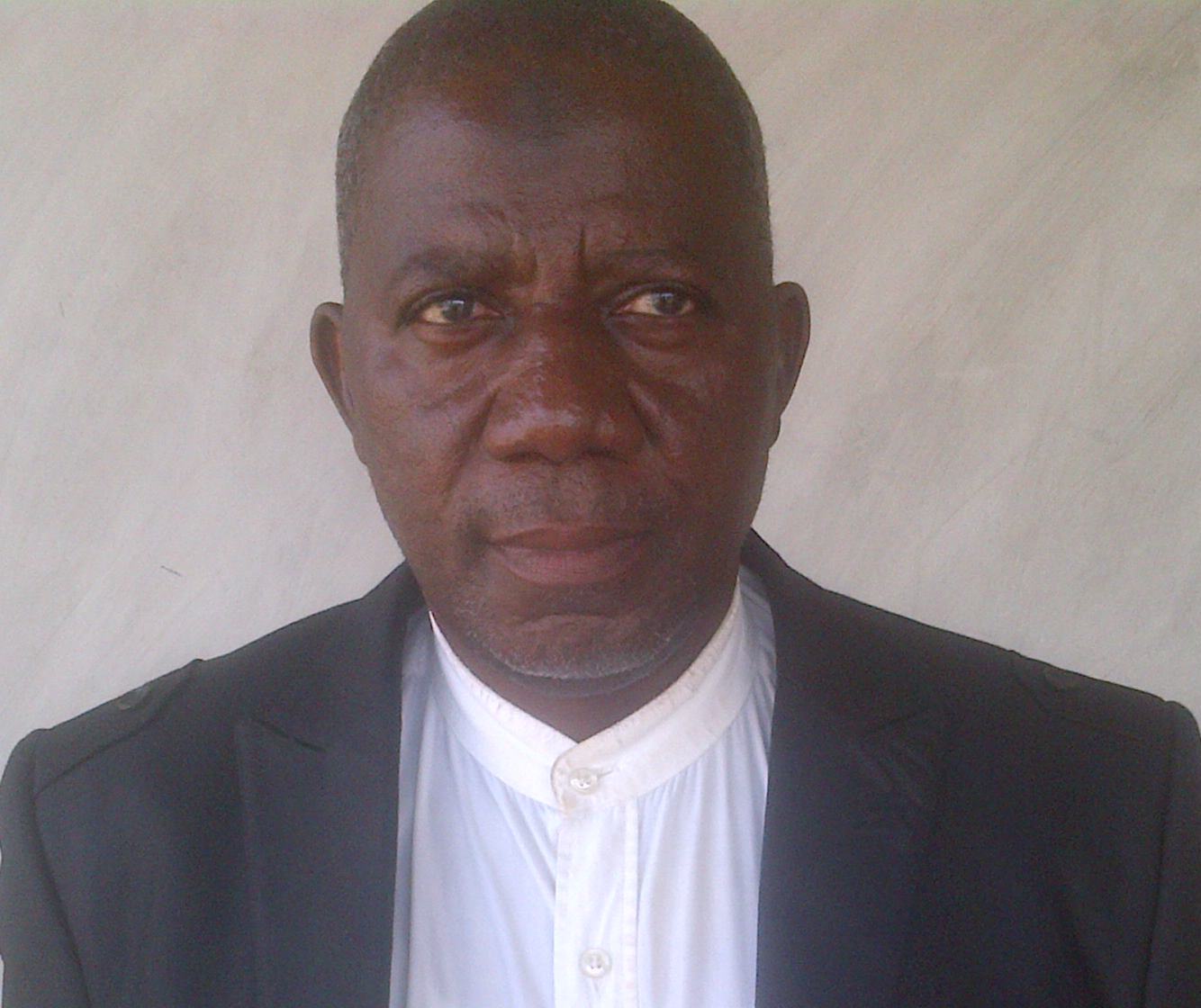 The Guild of Corporate Online Publishers (GOCOP) has kicked against the move by the senate to deny Nigerians of their universally recognized right to freedom of expression.
The Guild of Corporate Online Publishers (GOCOP) has kicked against the move by the senate to deny Nigerians of their universally recognized right to freedom of expression.
In a statement in Lagos on Sunday by its Publicity Secretary, Olumide Iyanda, GOCOP said that the draft bill to “Prohibit Frivolous Petitions and Other Matters Connected Therewith,” which passed Second Reading in the Senate last week, poses a threat to the freedom of expression and obligation of the media as enshrined the Nigerian Constitution.
It noted that the bill proposes up to two years in prison or a fine of N2 million or both for anyone who posts an “abusive statement” via text message, Twitter, WhatsApp,or any other form of social media.
The bill also proposes varying penalties for false publications by print, radio and TV outlets.
GOCOP said on the proposed bill: “we wish to call the attention of the Senate to the UN Declaration of Human Rights, which guarantees freedom to hold opinions without interference and to seek, receive and impart information and ideas through any media and regardless of frontiers.
“Nigeria is also a signatory to other international statutes like the African Charter on Human and Peoples’ Rights, the International Covenant on Civil and Political Rights and the UN Convention against Corruption, among others.”
The Guild expressed concern that given the inadequate media and internet penetration in the country, the Senate will lend itself to any move to discourage further growth.
“As other countries adopt more generous and dynamic approach to the protection of free speech to allow citizens access to information without fear of intimidation, the National Assembly should not shackle the very media for which our present democracy owes it survival.
“Having benefitted from a vibrant media, it is worrisome that the lawmakers have turned around to debate a law which seeks to punish users of online media platforms.”
GOCOP, therefore, called on the lawmakers to desist from any action that will create fear among media practitioners, online activists and whistleblowers who may become likely targets if the bill becomes law.
“While we continuously campaign for responsible, objective and transparent practice among media practitioners and social media users across platforms, members of the Senate should not restrain access to information to protect politicians and other high ranking individuals who do not want to be held accountable for their actions,” GOCOP said.
Meanwhile, the Senate has vowed to proceed with the anti-social media bill, which was passed into second reading on December 2.
The Senate, however, said there will be the opportunity for Nigerians to shape its final outcome.
It said there is an elaborate process, which the bill must undergo before it becomes a law.
It would be recalled that on December 2, the bill seeking to curb frivolous petitions, false allegations and statements in the social media passed second reading.
Presenting the bill titled: “A bill for an act to prohibit frivolous petitions, and other matters connected therewith, 2015 (SB. 143),” Senator Bala Na’Allah, the Deputy Senate Leader, explained that the aim of the bill was to bring sanity into the system and make way for “credible and verifiable” petitions.
In a statement on Sunday by its spokesperson, Senator Aliyu Sabi, the Senate said members of the public, including those for or against the anti-frivolity bill or parts of the bill, will have the opportunity to shape its final outcome as there is an elaborate process, which the bill must undergo before it becomes a law.
It noted that some of the comments on the bill emanated from misconception and misunderstanding of the objective, which it said is meant to protect all individuals and institutions, including journalists and social media users.
It said: “The Senate is committed to freedom of speech and a fully inclusive and participatory democracy.
“The process of passing a bill is comprehensive and provide for inputs to be taken from all and sundry. The fist stage is merely to read the short title of the bill. The second stage is purely to debate the general principles.
“The next stage is committal of the bill to appropriate committee or committees for further detailed legislative action where the details, intendment and clause by clause implications of the bill is dissected by the committee. This stage also involve public hearing in which members of the public, civil society, nongovernmental organizations and all interested parties for or against the bill have the opportunity to shape and influence its content.
“The outcome from this committee stage is what will be finalized and then represented to the chamber for clause by clause consideration and approval or disapproval by the Senate. Thereafter, if the bill is approved, then the clean version of the bill is forwarded to the House of Representatives for concurrence or otherwise.”
The Senate added that the differences that may emerge from the House of Representatives version will be resolved through the Conference Committee of the two chambers of the National Assembly.
It added that the anti-frivolity bill will go through the whole hog and there is no intention to make the process of passing this bill any different.
“Accordingly, the Senate wants to re-assure the public about this. So, all those who are either for or against this bill or its part and any other one have ample opportunities to reshape it,” the Senate stated.
Senator Sabi further explained that the Eighth Senate is conscious of its responsibility to the people and will not do anything that will stifle participation and inclusion.
He said further in the statement: “We will always ensure we pass laws which meets best practices across the world and indeed democratic scrutiny. Suggesting that the senate wants to pass a law not even practiced in China etc is being mischievous.
“This Senate is people-centred, pro-poor and participatory. We will always act in the best interest of the citizenry. In this regard, we are totally committed to performing our duties and discharging our responsibilities without let or hindrance.
“All those spreading hate campaigns as a result of the Anti-frivolity bill, hauling insults at and making derogatory comments on Senators of the Federal Republic of Nigeria and the institution of the Senate are advised to key into the elaborate legislative process that a bill must pass through before becoming law if they are interested in shaping the outcome of the bill. This is the right way to go and part of the change we all aspire for our democracy
“The eighth Senate is totally committed to protecting the liberty of all Nigerians and the independence of the Senate and the legislative arm of government as we deepen our democratic journey.” [myad]






